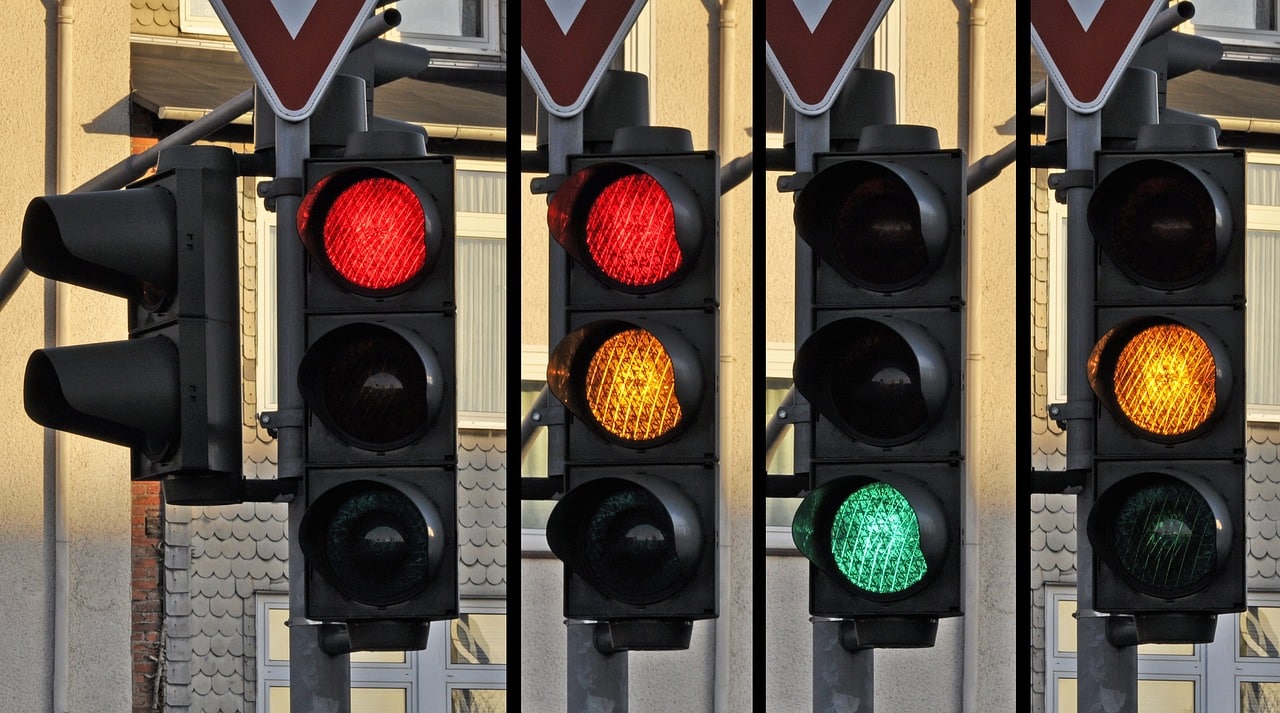A new law requiring countdown timers on traffic lights monitored by cameras is unconstitutional, the Supreme Constitutional Court ruled on Monday.
The law, passed by the House of Representatives on March 13, would have forced the state to install timers showing drivers how many seconds remain before lights change.
President Nikos Christodoulides referred the law back to Parliament on March 31, following legal advice from the attorney-general.
The court found the law violates article 82 of the constitution because it imposes additional costs not included in the state budget.
In its ruling, the court said the law is “contrary and inconsistent” with the constitution, particularly article 80.2, which prohibits the submission of bills that lead to increased expenditure not foreseen in the current or future state budget.
In a unanimous ruling, the judges said the planned changes would need new equipment, software updates and physical adjustments to the current traffic light system.
According to the court, this includes additional hardware, rewiring and modifications to both software and existing infrastructure, as explained in a session of the House committee on transport.
All these steps would require extra public funds, which parliament had not budgeted for.
The court rejected Parliament’s view that there was no real financial impact since, under the law, failure to install the timers within six months would only result in suspension of camera-related enforcement provisions.
“It is not a matter of choice for the executive,” the ruling said.
“Compliance with the law entails increased public expenditure as clearly outlined in the budget.”
The court sided with Christodoulides, whose legal representative, lawyer Marios Antoniou, argued that the law should be rejected on both constitutional and technical grounds.
Lawyer Emilios Emilianides, representing parliament, claimed that MPs have full legislative power, including the right to amend laws even if they create budgetary changes.
The court disagreed.
According to the president’s submission, countdown timers would clash with a new “smart light” system due to be installed at 125 junctions across the country. These advanced lights adapt to traffic flow in real-time.
A countdown system, officials argued, would confuse drivers and create safety risks, especially at busy crossings.
Christodoulides also warned that forcing the government to add timers within six months, as the law demanded, would violate Cyprus’ contract with the private company managing the camera system.
Under the revised legislation, failure to install the countdown timers within six months would automatically suspend the enforcement of red-light violations through photo-enforcement cameras until such timers were operational.
The law included the threat that if timers were not installed in time, the cameras would stop recording red light offences.
The countdown timers were also intended to apply to right-turn lanes controlled by green arrows, the ruling noted.
The court accepted the president’s concerns, stating clearly that no new law should increase state spending unless those costs are already approved by Parliament in the national budget.
The court added that the law represented a “blatant and self-evident” interference by the legislature into the administrative functions of the executive, which holds the technical knowledge, competence and authority to carry out such projects.






Click here to change your cookie preferences